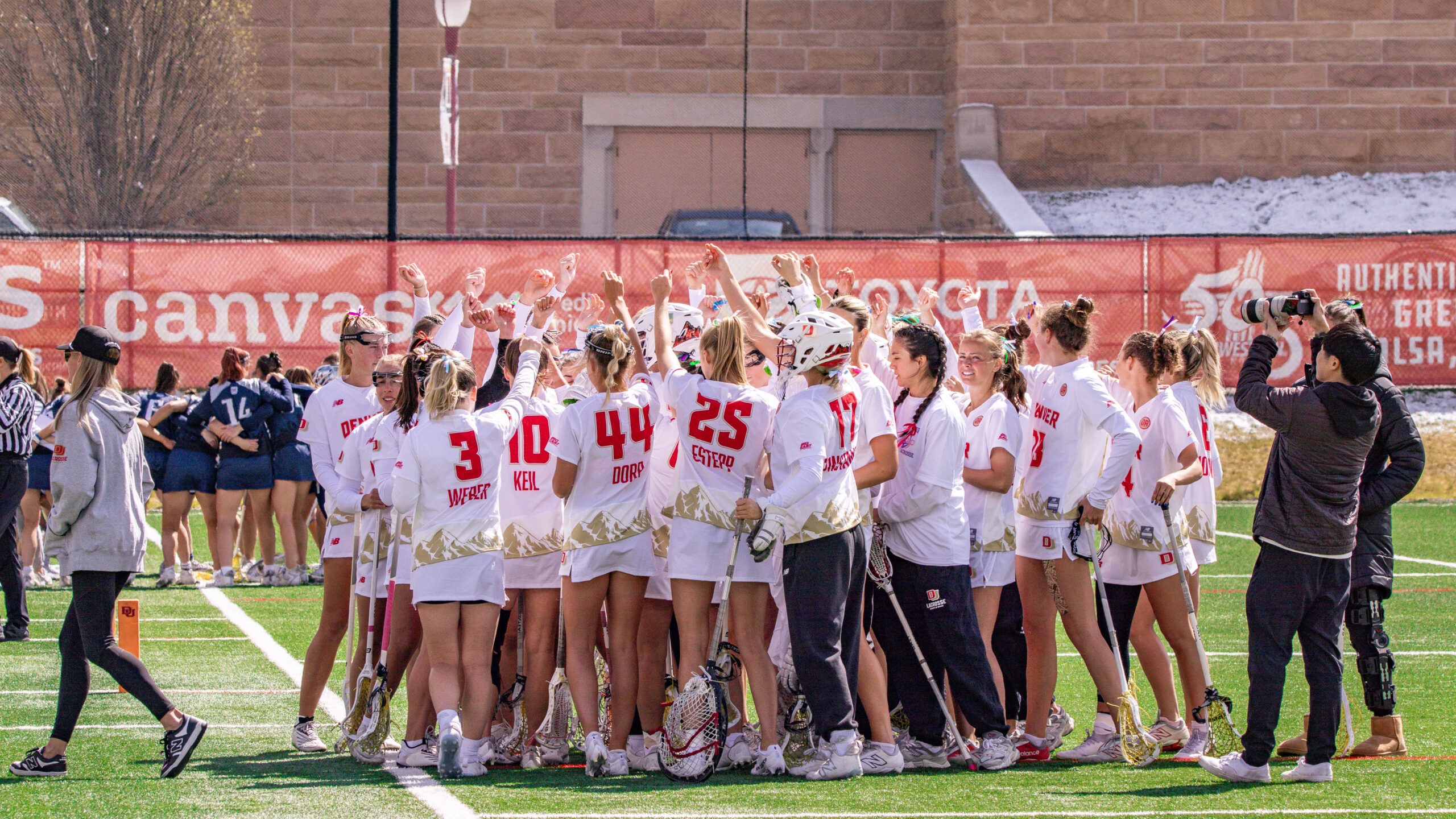DU students joined the Internet hacker group Anonymous and other major online companies, including Google, Wikipedia, Facebook and Craigslist, last week in protest of SOPA and PIPA, two controversial bills meant to combat online piracy.
Anonymous hacked into the Department of Justice’s website and the websites of other major SOPA/PIPA supporters, causing the websites to go dark last Thursday night.
The website disruption comes after the massive Internet protest against the proposed bills temporarily stopped lawmakers from passing them last Friday. Anonymous is a social activist group that speaks out against big government and censorship, often by hacking websites.
The original protest swept the Internet last Wednesday, as Internet sites “blacked out” in protest of the controversial Stop Online Piracy Act (SOPA) and the Protect IP Act (PIPA). The bills were intended to reduce illegal music and movie-sharing and downloading, but would also give the government the power to shut down any website that even had a link to a sharing or piracy website.
Sites such as craigslist.com, where people can buy, sell and trade work, items and property, and Wikipedia, the free online encyclopedia, went dark to show their distaste for the bills. In addition, Google covered its logo with a black screen.
Students at DU took action against the bills by signing the online petition on Google, writing letters to Congressmen and even “blacking out” their Facebook pictures.
“The censorship would literally put a halt to the world-wide sharing of ideas,” said sophomore Victoria De La Torre, who signed several online petitions against SOPA and PIPA on “blackout day,” as well as educated her peers on the issues.
Opponents claim if SOPA/PIPA were passed, the repercussions would impact all users of the Internet.
“There are so many problems with SOPA/PIPA, it’s difficult to choose one issue,” said De La Torre. “However, my biggest problem is how it puts innovation at risk. The censorship would literally put a halt to the world-wide sharing of ideas. This is not something to be taken lightly.”
The government, however, did take action to shut down some of the most notorious piracy sites, including the content-sharing site megaupload.com. Several owners of the site were arrested Friday under charges of massive copyright infringement.
This action led to massive retaliation by the hacker group Anonymous, which bombarded and shut down several major government sites, including the FBI and Justice Department websites.
In the wake of the massive protests, lawmakers decided Friday to “postpone” the vote on the bills previously scheduled for today. Senate Democratic Leader Harry Reid announced he would remove the bill and was soon followed by chairman of the House of Representatives Judiciary Committee Lamar Smith. Many have heralded this as the “end” of SOPA.
However, while the bills have been pulled, it is under cause of an “indefinite delay” until there is “wider agreement on a solution,” meaning there is still a chance the bills could return.
Over 115,000 sites participated in the blackouts, according to the Associated Press.
“The fact that so many people would join together, despite differences, in order to protect their freedom is incredibly inspirational,” said De La Torre. “The fact that people stopped to listen is even more so.”
The protests led to a massive shift in support for the bills within Congress. There were originally 80 supporters and 31 opponents of the proposed bills. After last Wednesday, those numbers shifted to 65 supporters and 101 opponents.
During the Wednesday blackout, Wikipedia posted a message that stated, “the U.S. Congress is considering legislature that could fatally damage the free and open Internet.”
Mark Zuckerberg, also joined in the protests, posting a page against the bills stating they could “seriously hamper the innovation, growth and investment in new companies that have been the hallmarks of the Internet. In addition, we are concerned about provisions in the bills that could chill free expression or weaken the Internet’s architecture.”
Google also posted an petition against the bills, which received 7 million signatures, according to the Washington Post.











